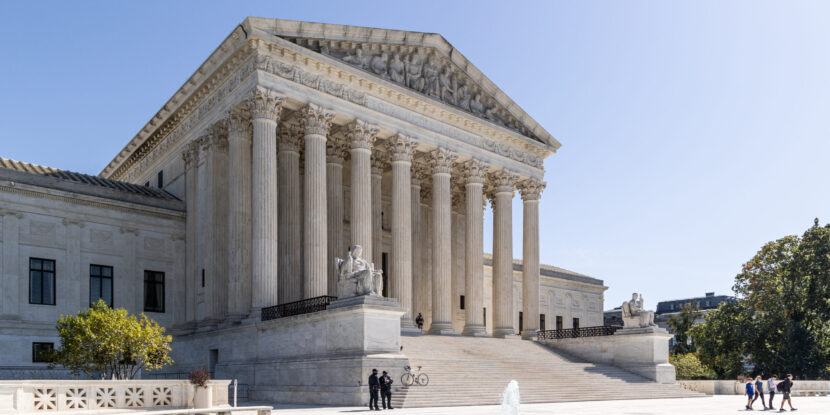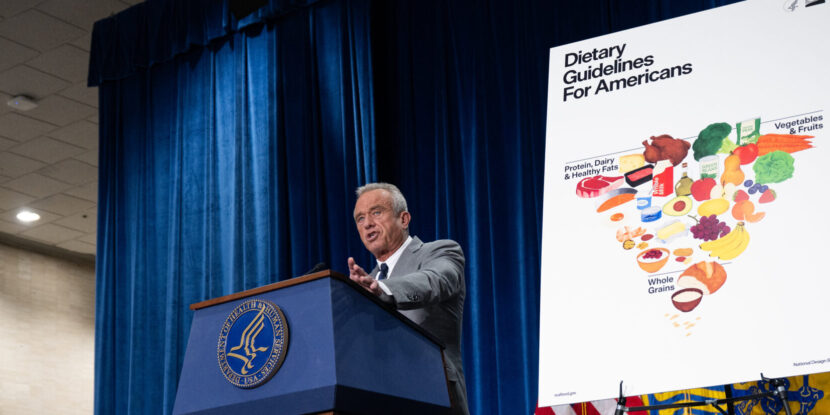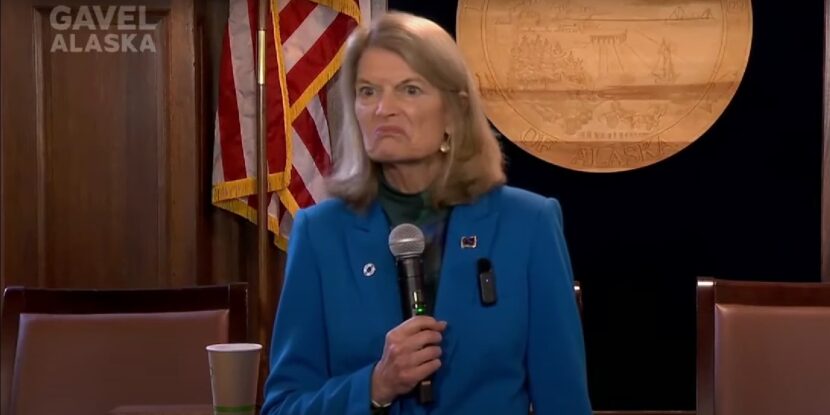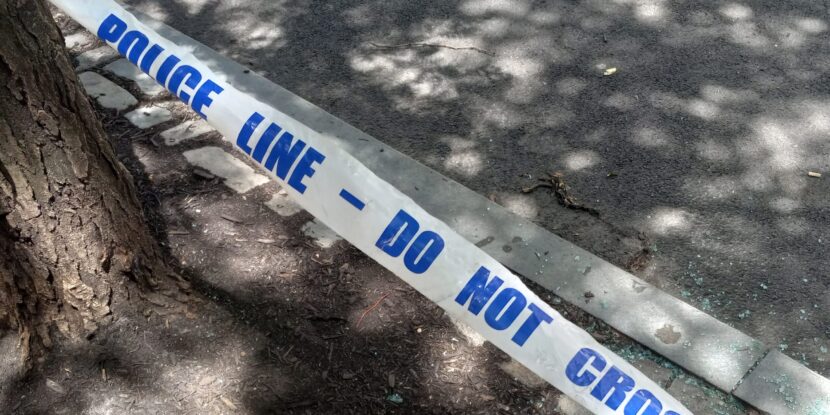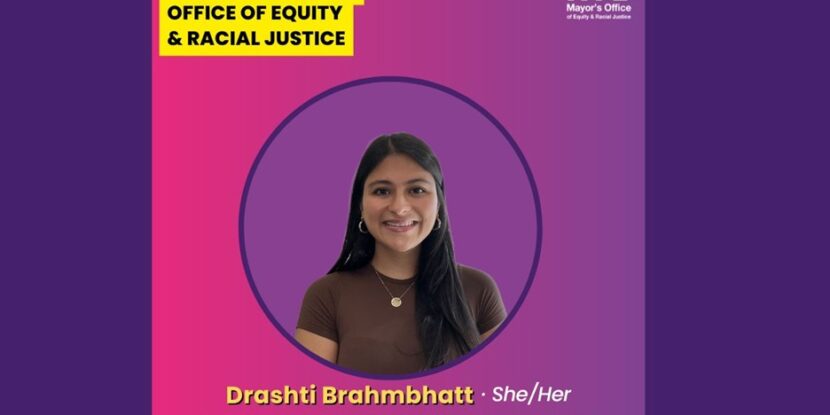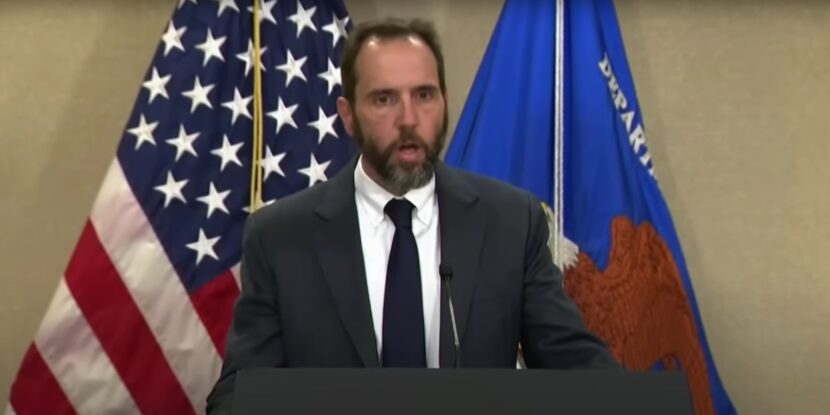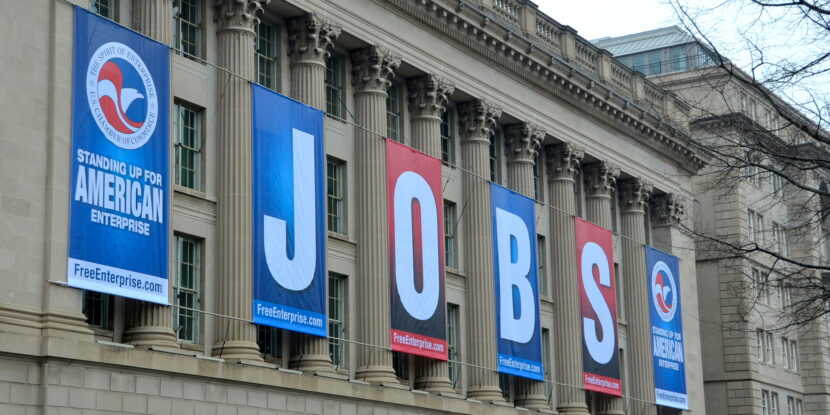❓WHAT HAPPENED: The U.S. Supreme Court has agreed to hear a case concerning the legality of accepting mail-in ballots that arrive after Election Day.
👤WHO WAS INVOLVED: The case, Watson v. Republican National Committee, challenges Mississippi’s mail-in ballot law, with arguments from state election officials and the Republican National Committee (RNC).
📍WHEN & WHERE: The case arises from Mississippi and will be heard by the U.S. Supreme Court following a reversal by the Fifth Circuit Court of Appeals.
💬KEY QUOTE: “The election has then occurred, even if election officials do not receive all ballots by that day.” – State of Mississippi’s petition to the Supreme Court
🎯IMPACT: The court’s decision could set a national precedent on how mail-in ballots are handled and affect voting policies in several states.
The U.S. Supreme Court has announced it will hear Watson v. Republican National Committee, a case challenging Mississippi‘s law allowing mail-in ballots to be counted if they are received within five business days after Election Day, provided they were postmarked by Election Day.
Mississippi election officials argue that a vote is cast when a ballot is postmarked, regardless of when it is received. “The election has then occurred, even if election officials do not receive all ballots by that day,” the state said in its petition. However, the Fifth Circuit Court of Appeals ruled that federal law mandates elections occur on a single day, and allowing late-arriving ballots undermines this principle.
Sixteen states, along with Washington, D.C., Guam, and Puerto Rico, currently allow mail-in ballots postmarked by Election Day to be counted even if they arrive after Election Day. This policy aims to accommodate voters affected by slow mail delivery. A federal judge initially upheld Mississippi’s law, but the Fifth Circuit Court of Appeals reversed the decision.
Another case, Bost v. Illinois, is also under consideration by the court. It challenges Illinois‘ practice of counting ballots received up to two weeks after Election Day. Mississippi has requested that the court delay its ruling on Watson until the Illinois case is decided.
Additionally, the Supreme Court is hearing a challenge to Section 2 of the Voting Rights Act, which could limit the scope of the landmark law.
Join Pulse+ to comment below, and receive exclusive e-mail analyses.
